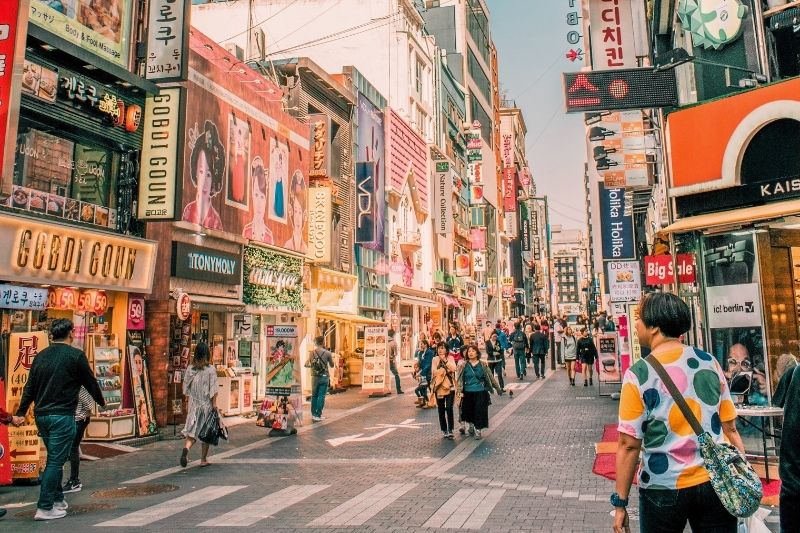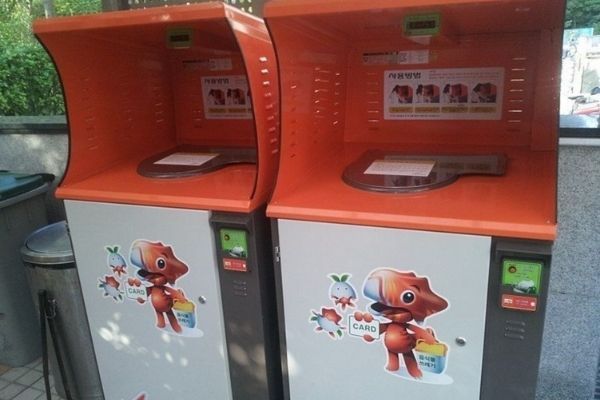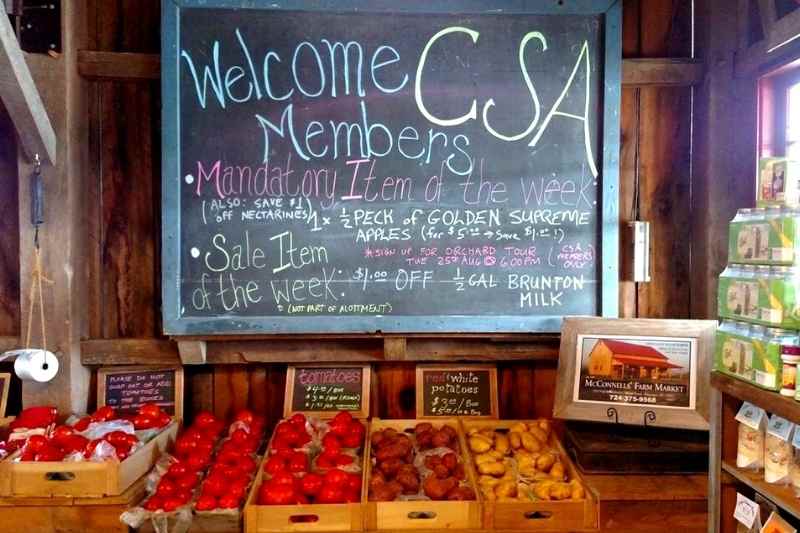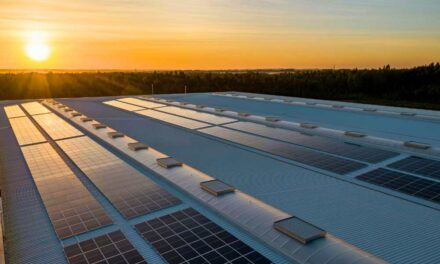Discover South Korea’s Inspiring Food Waste Recycling Solution
Food systems have a high environmental cost. More than 820 million people go hungry every day and many food producers are struggling to stay afloat. In contrast, it’s estimated that 30-40% of food is thrown out by consumers in high-income countries.
The World Economic Forum set a global sustainable development goal to reduce food system waste by 20 million tons by 2030. Let’s explore how South Korea’s food waste recycling program is leading the way to a greener future.
South Korea had a big food waste problem, with 130 kg of food waste produced by an average adult every year.
In comparison, the average food waste produced by a European or American is around 95-115 kg of food per year. Why was waste in South Korea so high to begin with? In the late 90s, the standard of living in the country rose, leading to more single-occupant households and an increase in dining out.
Additionally, meals in South Korea are traditionally served with banchan, which are multiple side dishes that accompany a main dish. Some meals in South Korea come with as many as 20 banchan. Side dishes like kimchi, seasoned soybean sprouts, and radish salad are delicious, but eating them all can be challenging. Uneaten banchan, unfortunately, was a contributing factor that led to excess food waste in South Korea.
Dumping food waste in landfills in South Korea was banned in 2005. A food waste recycling program was later introduced in 2013.
Because so much food was going to waste, the South Korean government stepped in to save food from going to landfills. This, in turn, changed the behavior of South Korean citizens. South Koreans now purchase special biodegradable food waste bags at local supermarkets and convenience stores at a cost of around $6/month.
Food waste scraps are placed into special biodegradable food waste bags, which are then placed into designated collection buckets.
Radio Frequency Identification (RFID) equipped “smart bins” have been placed around the city of Seoul. Residents can place their food scraps directly into these receptacles without having to use special bags. The smart bins charge by weight, encouraging residents to drain their food scraps of liquids before discarding and saving the city money on collection fees. Either way, the message is clear: the more you waste, the more you pay.
The rate of recycled food waste in South Korea has increased from 2% to 95% today.
Collected dry food scraps are then recycled into fertilizer for use in urban gardens. Any remaining moisture squeezed out of the bags is turned into bio gasses and oils. And although the system isn’t perfect – South Korea has created more fertilizer than can realistically be used – these changes prove how much of a difference small changes can make.
Does your city or town compost? Have you ever tried composting? Check out our Easy Guide to Backyard Composting to learn more about starting a home composting system. Or find a composting service near you that would be happy to do the dirty work for you.











